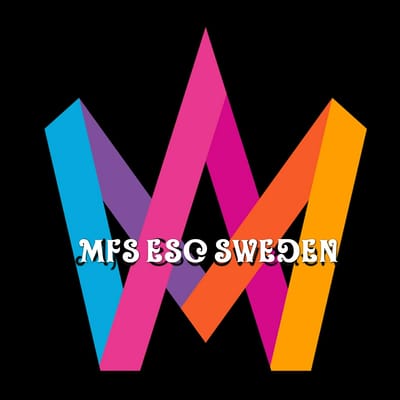Eurovision Song Contest history

The Eurovision Song Contest (French: Concours Eurovision de la chanson),[1] often simply called Eurovision, is an international song competition held primarily among the member countries of the European Broadcasting Union. Each participating country submits an original song to be performed on live television and radio, then casts votes for the other countries' songs to determine the winner. At least 50 countries are eligible to compete as of 2018,[2] and since 2015, Australia has been allowed as a guest entrant.[3][4][5][6]
Winning the Eurovision Song Contest often provides a short-term career boost for artists, but rarely results in long-term success.[7] Some exceptions are ABBA (winner in 1974 for Sweden), Bucks Fizz (winner in 1981 for the United Kingdom), and Celine Dion (winner in 1988 for Switzerland), all of whom launched successful careers.
Based on the Sanremo Music Festival held in Italy since 1951, Eurovision has been broadcast every year since its inauguration in 1956, making it the longest-running annual international television contest and one of the world's longest-running television programmes. It is also one of the most watched non-sporting events,[8] with audience figures of between 100 million and 600 million internationally.[9][10] It has been broadcast in several countries that do not compete, such as the United States, Canada, New Zealand, and China. Since 2000, it has been broadcast online via the Eurovision website.[11] The contest has been described as having kitsch appeal.[12][13]
Ireland holds the record for most victories, with seven wins, including four times in five years in 1992, 1993, 1994, and 1996. Under the current voting system, in place since 2016, the highest-scoring winner is Salvador Sobral of Portugal who won the 2017 contest in Kiev, Ukraine, with 758 points; under the previous system, the highest-scoring winner was Alexander Rybak of Norway with 387 poi
As a war-torn Europe was rebuilding itself in the 1950s, the European Broadcasting Union (EBU)—based in Switzerland—set up an ad hoc committee to search for ways of bringing together the countries of the EBU around a "light entertainment programme".[14] At a committee meeting held in Monaco in January 1955 with Marcel Bezençon of the Swiss television as chairman, the committee conceived the idea (initially proposed by Sergio Pugliese of the Italian television RAI) of an international song contest where countries would participate in one television programme to be transmitted simultaneously across all countries of the union.[14][15] The competition was based upon the existing Sanremo Music Festival held in Italy[16] and was seen as a technological experiment in live television. In those days it was a very ambitious project to join many countries together in a wide-area international network. Satellite television did not exist and the Eurovision Network comprised a terrestrial microwave network.[17] The concept, then known as "Eurovision Grand Prix", was approved by the EBU General Assembly in a meeting held in Rome on 19 October 1955, and it was decided that the first contest would take place in spring 1956 in Lugano, Switzerland.[14] The name "Eurovision" was first used in relation to the EBU's network by British journalist George Campey in the London Evening Standard in 1951.[15]
The first contest was held in the town of Lugano, Switzerland, on 24 May 1956. Seven countries participated—each submitting two songs, for a total of 14. This was the only contest in which more than one song per country was performed: since 1957, all contests have allowed one entry per country. The 1956 contest was won by the host nation, Switzerland.[18]
The programme was first known as the "Eurovision Grand Prix" (in English). This "Grand Prix" name was adopted by Germany, Denmark, Norway and the Francophone countries, with the French designation being Le Grand-Prix Eurovision de la Chanson Européenne.[19] The "Grand Prix" was dropped in 1973 and replaced with Concours (contest) in French and in 2001 with the English name in German, but not in Danish or Norwegian. The Eurovision network is used to carry many news and sports programmes internationally, among other specialised events organised by the EBU.[20] However, in the minds of the public, the name "Eurovision" is most closely associated with the Song Contest.[17]
Read more here
